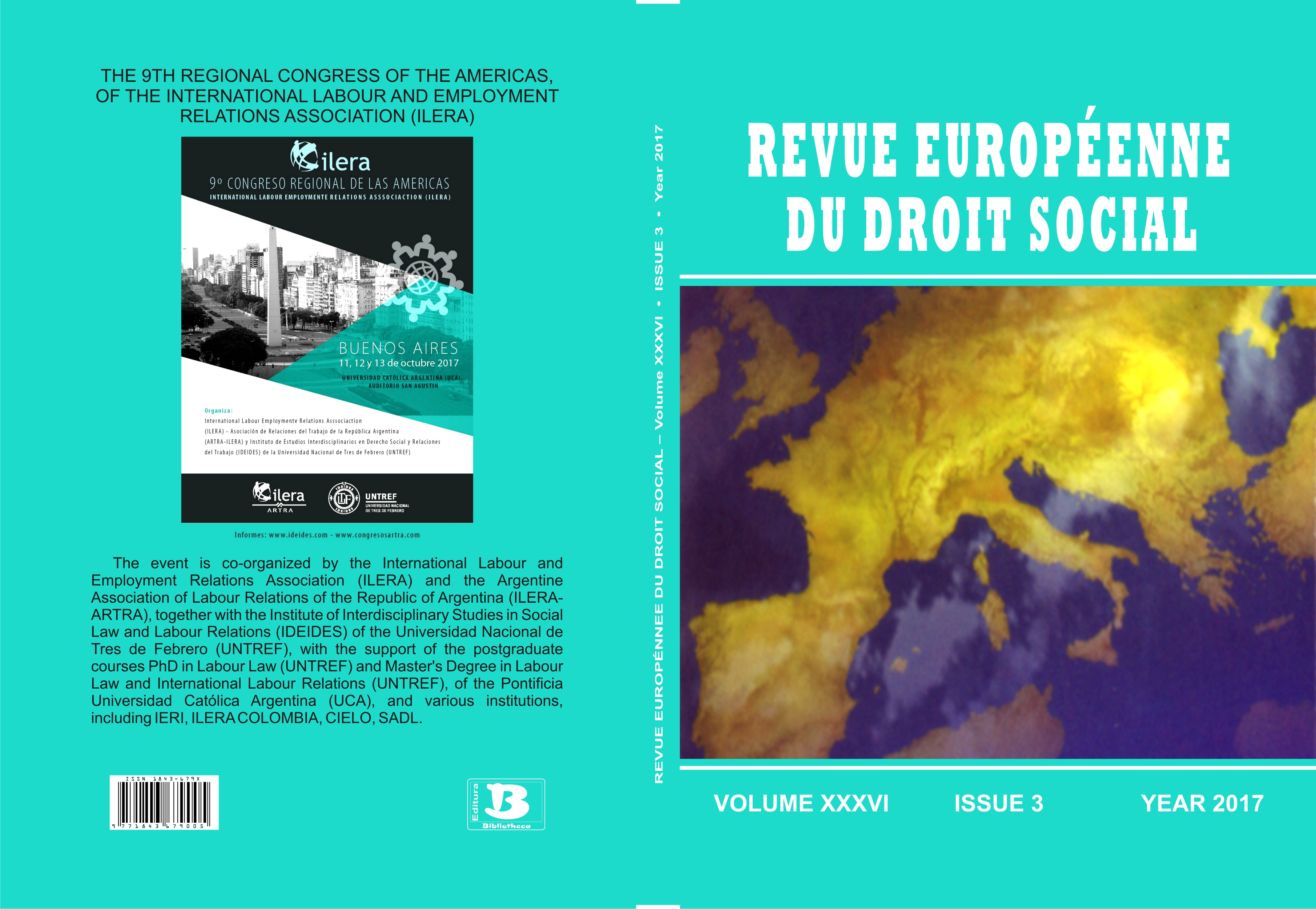CHANGES IN THE FAMILY LAW AFTER THE FALL
OF THE COMMUNIST SYSTEM IN ALBANIA,
AND ITS SOCIAL CONSEQUENCES
CHANGES IN THE FAMILY LAW AFTER THE FALL
OF THE COMMUNIST SYSTEM IN ALBANIA,
AND ITS SOCIAL CONSEQUENCES
Author(s): Alushi Besmir, Alushi ManilaSubject(s): Law, Constitution, Jurisprudence
Published by: Editura Bibliotheca
Keywords: Republic of Albania; family law; legislation; social consequences
Summary/Abstract: The life of the individual is characterized by the strong political, economic,judicial, and social relationships. Albania is a country still in transition from a formerlycommunist country to a more open, democratic society. The early nineties was a newbeginning for the building of a state based on the principles of freedom and democracy,inspired by the most developed countries of Western Europe. The adaptation of the newlegislation, the sources of which come from the Roman-Germanic (Civil Law) would presentdifficulties, not only in adapting to the Albanian own legislation, but also to the changes ofAlbania’s social life in general. Family legislation underwent many fundamental changes,beginning with the constitution, legal and sub-legal acts. According to these acts, the familyis not considered to be built based on the foundation of the act of marriage, but also basedon new forms of union. This constitutes a novelty in the area of family law. The institution offamily law underwent fundamental changes in legislation, which would not have positiveeffects on the families and Albanian society all the time. Sometimes, the socialconsequences would be negative, rethinking the need for periodic changes and theimprovement in the legislation. This paper examines the consequences of the change in thefamily law in Albania.
Journal: Revue Européenne du Droit Social
- Issue Year: 2017
- Issue No: 3 (36)
- Page Range: 67 - 73
- Page Count: 7
- Language: English

